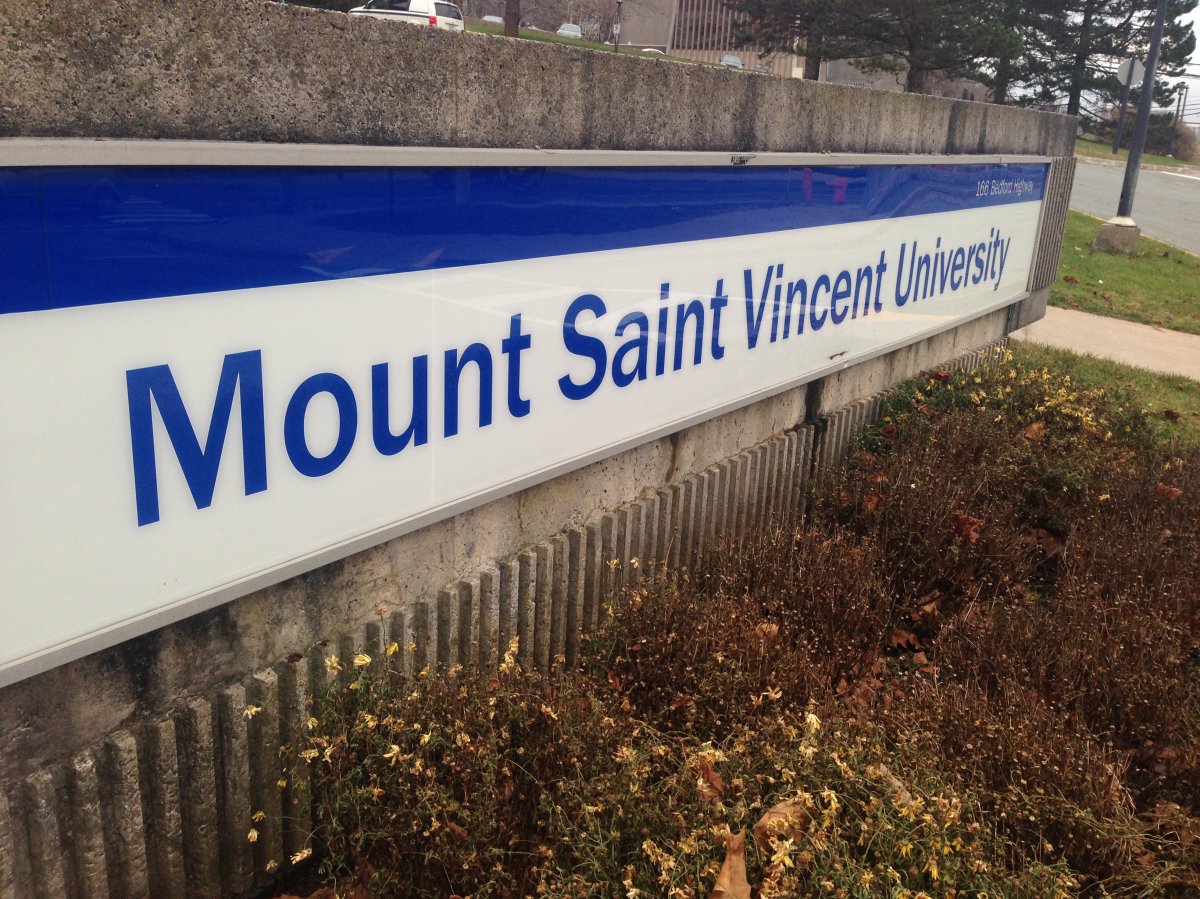A Nova Scotia university is under fire for assigning a course about Canada’s residential schools to a non-Indigenous professor, something activists say undermines reconciliation efforts.

Mount Saint Vincent University in Halifax is expected to offer the course, Selected Topics in North American History: Residential Schools, this fall.
READ MORE: Conference celebrates 100 years of women in Nova Scotia politics
The school’s website says the professor slated to teach the course has an expertise in Atlantic Canadian First Nations history, with a specialization in the historical experiences of 20th century Indigenous women.
Yet the decision to assign a “settler scholar” to teach the course has been slammed on social media as a kind of historical appropriation and reinforcement of the systemic oppression of First Nations.
WATCH: Memorial walk held for murdered Mi’kmaq woman, Tanya Brooks

Critics say only Indigenous people have the lived experience to understand the complex and cumulative ways they’ve been discriminated against, and that they should have the agency to teach their own history.
The university says it will be providing comment on the controversy later today.
Martha Walls, the assistant professor assigned to the course, said in an email that she takes the “important concerns aired over Facebook extremely seriously.”
“Early next week, I will be part of a meeting with Indigenous faculty and staff and others to work through this matter,” she said.
READ MORE: ‘We brought love’: Family of murdered Mi’kmaq woman honours her life
Rebecca Thomas, a Mi’kmaq community activist in Halifax, says part of reconciliation is allowing Indigenous Peoples a voice.
“There is this perpetuation that non-Indigenous people have the right and expertise to speak on Indigenous topics when in reality the lived experience of what it’s like to be a product of these systems within Canada, there’s no voice better than first voice,” she said.
“We get taught about and studied as though we are gone, but we’re still here. People shouldn’t see Indigenous people telling their own stories as exotic or a novelty. We’re authoring our own stories now, and that sadly is very new but needs to be normalized so that it’s the every day occurrence.”
- Posters promoting ‘Steal From Loblaws Day’ are circulating. How did we get here?
- Video shows Ontario police sharing Trudeau’s location with protester, investigation launched
- Canadian food banks are on the brink: ‘This is not a sustainable situation’
- Solar eclipse eye damage: More than 160 cases reported in Ontario, Quebec



Comments